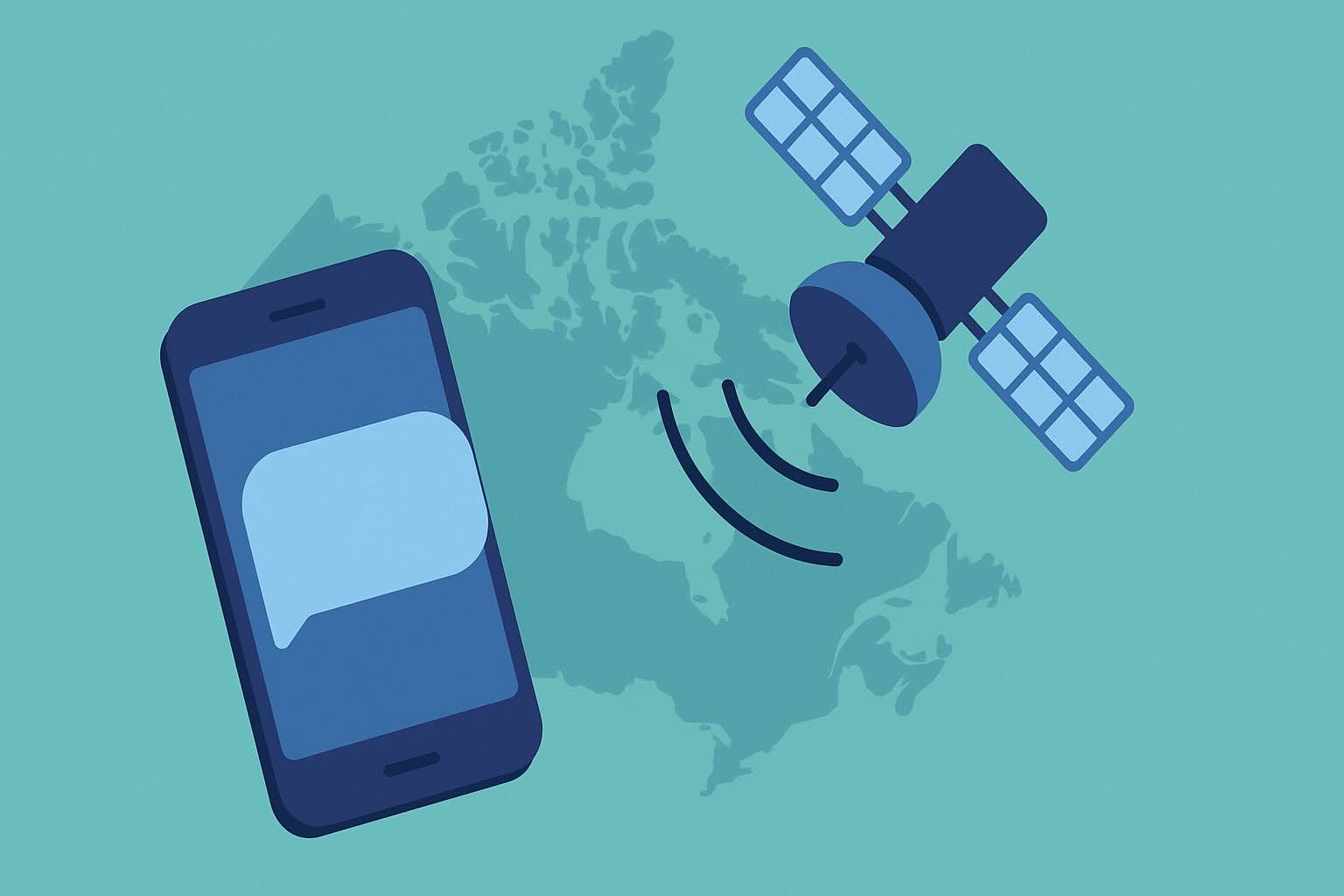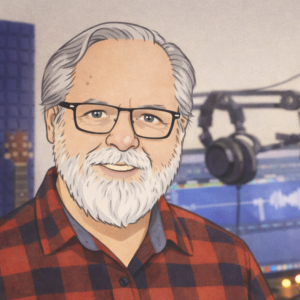October 20, 2025
Rogers Communications is extending its free satellite messaging trial to Dec. 8, raising questions about whether Canadians will pay for the service once the free period ends.
The trial, launched in July 2025 and powered by SpaceX’s Starlink network, was originally set to wrap up Oct. 31. Instead, Rogers texted beta users saying the free period would continue into December. A spokesperson told MobileSyrup the company saw “significant interest” and wanted to give Canadians “more time to sign up.”
While this is certainly one plausible reason for the extension, it’s equally possible that Rogers isn’t getting the uptake it expected. If that’s the case, the question would be whether this reflects a reluctance by Canadians to engage with Starlink because of the Elon Musk connection. While that’s possible—despite the recent boycott of U.S. products by many Canadians—Starlink remains popular, particularly in rural and hard-to-serve locations.
The answer may be simpler than this. When the trial ends, customers not on a Rogers Ultimate plan will automatically be charged $15 a month, with a $5 discount for the first 12 months. But with Apple and Google already offering similar or free options, the real question may be whether Rogers can persuade users to adopt a paid service.
Apple’s iPhones—starting with the iPhone 14 and newer—already provide satellite-based emergency texting through Globalstar, a company that Apple invested in to provide its satellite services. Apple’s offering is free for two years after activation. The feature builds on Apple’s Emergency SOS and Crash Detection systems, which automatically contact emergency services if a user is in a serious collision and has no cellular signal. As of iOS 18, iPhone users in Canada and the U.S. have access to the emergency service and can also send basic iMessages or SMS texts via satellite when off the grid.
Google also offers a satellite-to-phone service for emergency communications. That is now available in Canada, but only for emergency help (such as connecting to 911) via its Pixel phones—not for general messaging or voice usage yet. Like Apple, Google has its own satellite provider.
That overlap could make Rogers’ service a tougher sell, especially since it currently supports only text and text-to-911. The company says it plans to expand to full voice and data coverage across 5.4 million square kilometres in Canada but has not disclosed timing, expected user numbers, or uptake rates.
For now, Rogers’ service is still offered at no charge if you want to check it out. But anyone testing the feature should set a reminder: after Dec. 8, the free ride ends.



